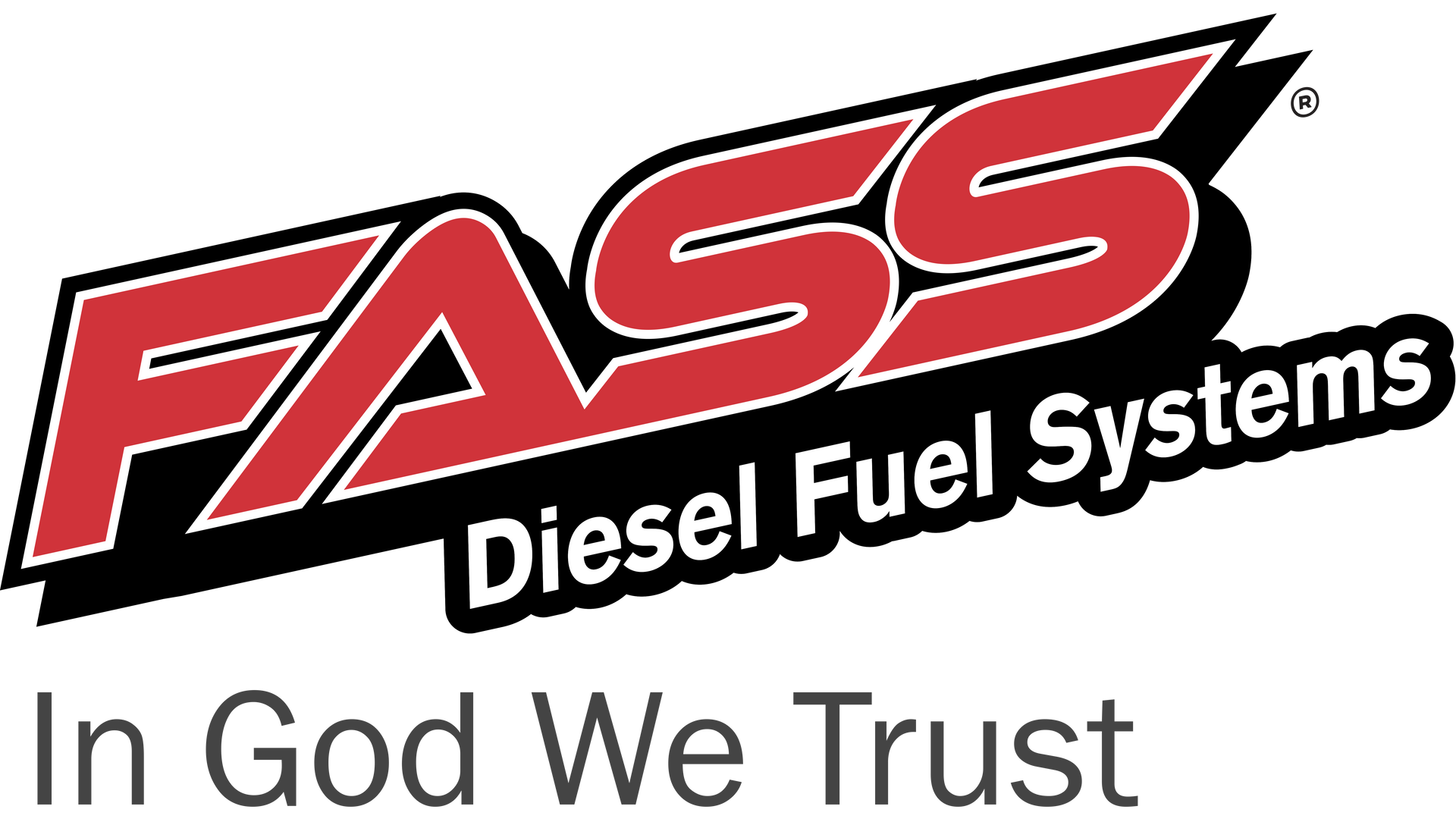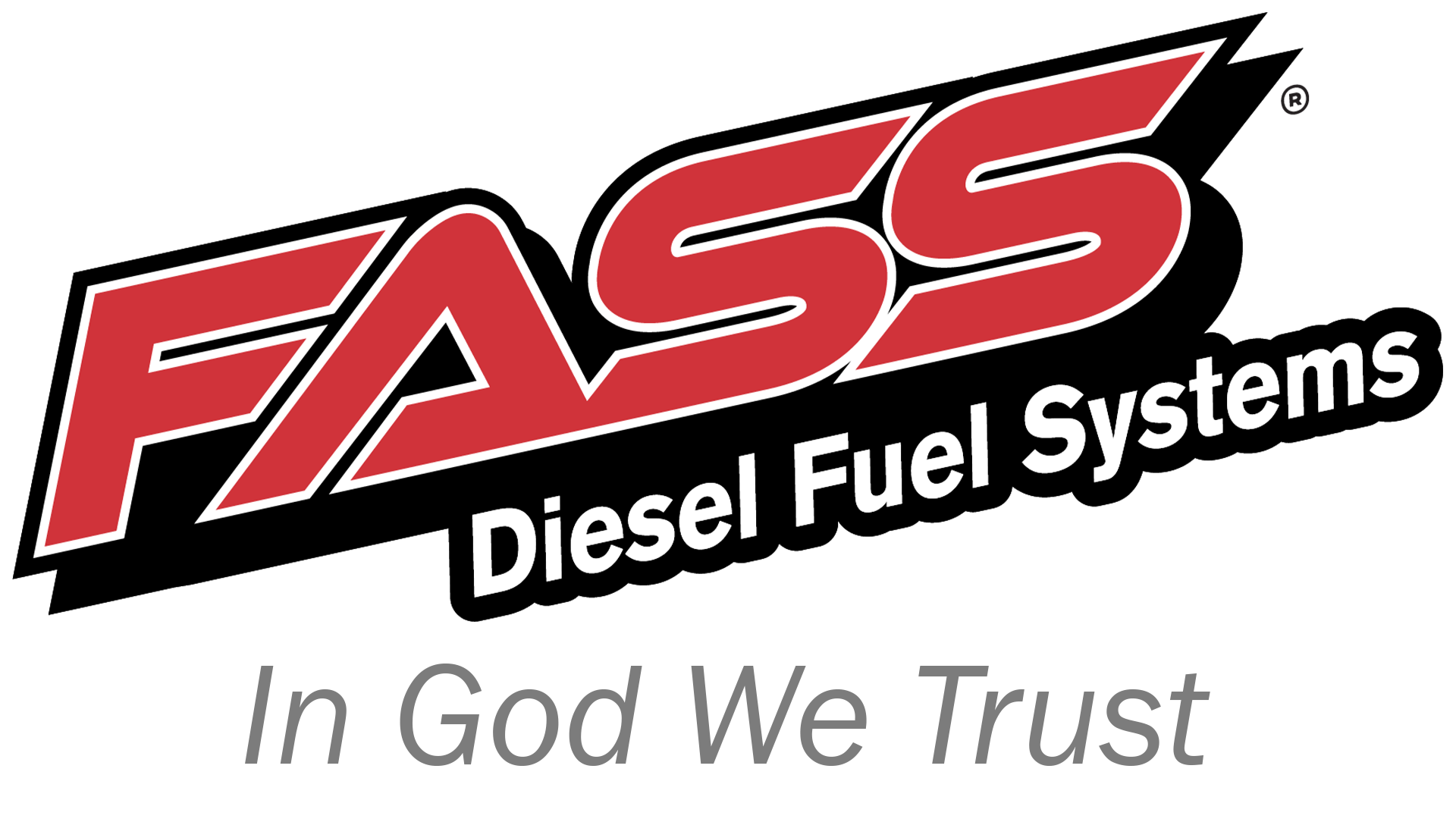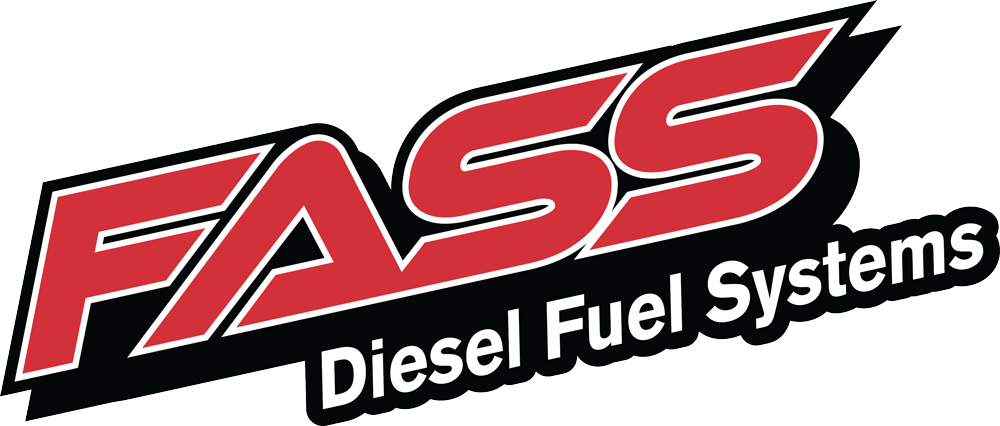In this “Fuel Contamination Explained” article, we’ll walk you through the basics of contaminated diesel fuel, the problems it causes, and the solutions.
Types of Contaminants and Their Effects:
1. Water Contamination:
- Symptoms: Engine misfires, reduced power, rough idling, and difficulty starting.
- Effects: Water can cause rust and corrosion in the fuel system, damage fuel injectors, and reduce lubrication in the engine. In extreme cases, excessive water can cause thousands of dollars worth of damage in mere minutes.
2. Air/Vapor:
- Symptoms: Rough idle, loss of power, reduced MPG, increased smoke (soot) output, higher EGTS.
- Effects: The air/vapor trapped in diesel fuel (diesel is 10% air when stationary, per CAT) can damage expensive injection components, reduce MPG, rob horsepower, and dull throttle response, among other issues.
3. Particulate Contamination:
- Symptoms: Clogged fuel filters, poor engine performance, and increased exhaust smoke.
- Effects: Particles such as dirt, dust, and rust can clog fuel filters and damage fuel injectors, reducing fuel efficiency and potentially causing engine wear.
4. Gelling or Waxing (Cold Weather):
- Symptoms: Fuel flow issues, engine starting problems, and reduced power.
- Effects: Diesel can gel or form wax crystals in cold temperatures, blocking fuel lines and filters. This restricts fuel flow to the engine and causes performance issues.
5. Oxidation and Degradation:
- Symptoms: Darkened fuel color, formation of gums and varnishes, and clogged filters.
- Effects: Over time, diesel fuel can oxidize and form gums and varnishes that clog fuel injectors and filters, leading to reduced engine efficiency and potential damage.
Consequences of Using Contaminated Diesel Fuel:
1. Engine Damage:
- Contaminants can cause significant wear and tear on engine components, leading to costly repairs and potentially reducing the engine’s lifespan—particularly within the injection system.
2. Reduced Fuel Efficiency:
- Contaminated fuel often leads to incomplete combustion and altered injection timing, which reduces fuel efficiency and increases fuel consumption.
3. Increased Emissions:
- Poor combustion due to contaminated fuel can produce higher emissions of pollutants such as unburned hydrocarbons, carbon monoxide, and particulate matter. This can also cause increased regens/DPF clogging on emissions-equipped trucks.
4. Operational Issues:
- Vehicles may experience performance issues such as loss of power, stalling, and difficulty starting, leading to operational disruptions and downtime.
5. Higher Maintenance Costs:
- When not properly filtered, contaminated fuel can require premature injection system maintenance, increased engine wear, and other costly upkeep, increasing overall maintenance costs.
Prevention and Mitigation:
1. Filtration Upgrades:
The most effective method of preventing fuel contamination issues is to simply upgrade from the stock filtration. FASS Fuel Systems eliminate over 99% of the water found in diesel, along with air/vapor, and debris down to 2 Microns absolute.
2. Regular Maintenance:
- Regularly replace fuel filters and conduct maintenance checks to ensure the fuel system remains clean and functional.
3. Proper Storage:
- Store diesel fuel in clean, dry tanks and use water separators to remove any water that may enter the system.
4. Use Additives:
- Fuel additives can help prevent microbial growth, reduce oxidation, and improve cold-weather performance.
5. Quality Fuel Sources:
- Purchase diesel fuel from reputable suppliers to reduce the risk of contamination from the source.
By taking these preventive measures, you can minimize the risk of diesel fuel contamination and its associated problems. If you have questions about fuel contamination or filtration upgrades, contact us today!





